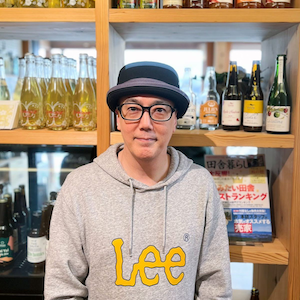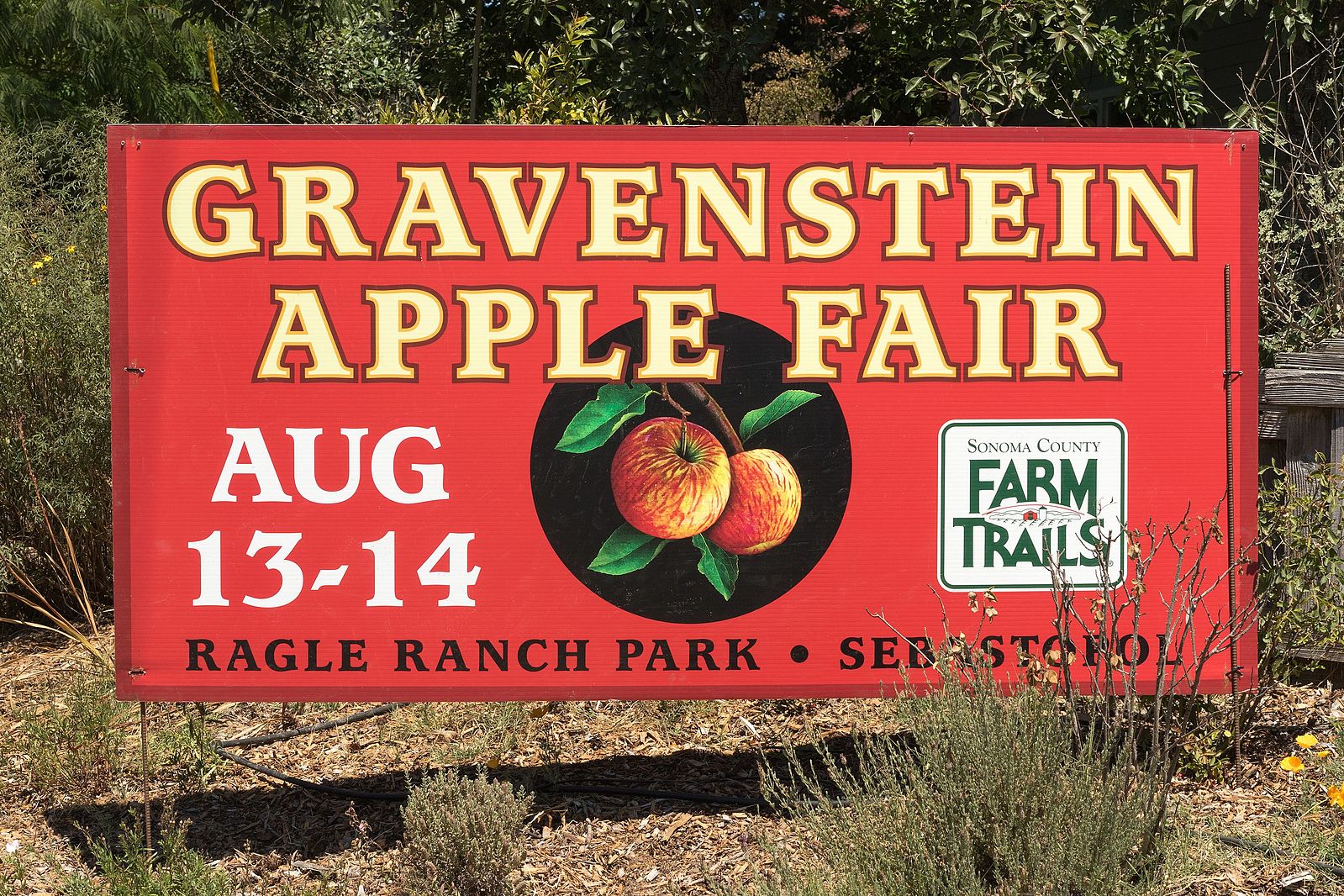Posts by Darlene Hayes
Press Release: Certified Cider Professional Program Expands to Asia
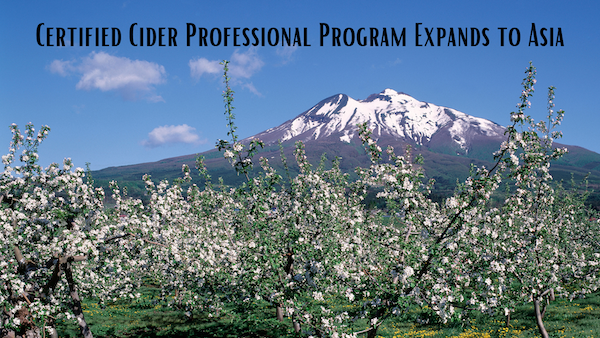
PRESS RELEASE
The American Cider Association (ACA) is pleased to announce the expansion of its Certified Cider Professional (CCP) education and certification program to Asia. Lee Reeve, founder of inCiderJapan and organizer of the prestigious Japan Cider Cup, has joined the ACA team as an educator for the Level 1 Certified Cider Guide in Japan, China, Korea, and elsewhere in Asia. The first in-person class for candidates studying for the Certified Cider Guide exam is scheduled for August 31, 2024 at Antenna America Kannai in Yokohama, Japan. Registration for the class will open in July.
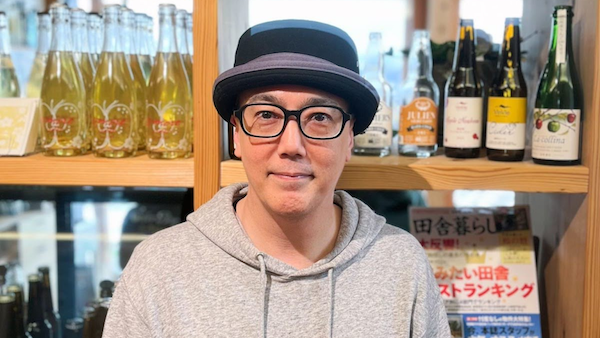
“The American Cider Association’s Certified Cider Professional program is the world’s leading cider education program,” states Reeve. “It is an invaluable tool and certification that can benefit anyone with an interest in cider: from enthusiasts to those working in the food and beverage sector, and especially professionals within the cider and drinks industry.”
“Lee has been keen to bring the CCP program to Asia for some time,” says ACA CEO Michelle McGrath. “With his extensive knowledge of cider and the Asian cider market, and his many contacts in the region, we are very excited by what he will bring to the program.”
“As cider continues to grow and become increasingly relevant to the Asian region,” continues Reeve, “so will the thirst and desire for quality information and knowledge regarding all things cider. As such, making the CCP available in Asia is an exciting and welcome opportunity and win-win for everyone. As someone who has been promoting cider and cider education since 2017, and also a Certified Pommelier, I very much look forward to helping the ACA reach out and empower others through learning about this historic and future significant drink.”
While Asia is not commonly thought of as a cider region, Japan has a growing number of enthusiastic cidermakers as well as a robust and fruitful track record in the breeding of new apple cultivars, which are an important crop in several parts of the country, including Aomori and Nagano. In addition, China grows more apples than any country in the world, and while the market for cider there is relatively new, the possibilities are enormous.
The American Cider Association is a not-for-profit trade organization of cider and perry producers in the United States. The Certified Cider Professional program is helping the ACA reach its vision for the industry by increasing the understanding and appreciation of these historic beverages.
For more information about CCP in Asia, contact Lee Reeve at lee@ciderassociation.org. For more information on the global CCP program, contact the ACA’s Education Operations Manager, Jennie Dorsey, at jennie@ciderassociation.org.
###
The Gravensteins of Sonoma County
“What can I get for you?” I ask the next customer at the bar. “I don’t know. Do you have any cider made with Gravenstein apples?”, comes the reply. “All the ciders on our menu have some Gravenstein in them. What sort of cider do you like?”
That’s a typical beginning conversation at the Craft Cider Tent of the Gravenstein Apple Fair, an annual fundraising event benefiting the local agricultural non-profit Sonoma County Farm Trails. Most of our customers are not regular cider drinkers, and have generally just tried one or another of the large nationally distributed brands. Confronted with a menu of 18 local ciders, from almost as many producers, they are understandably a bit flummoxed. We talk about what they typically drink, do a little sampling, and eventually find something they love.
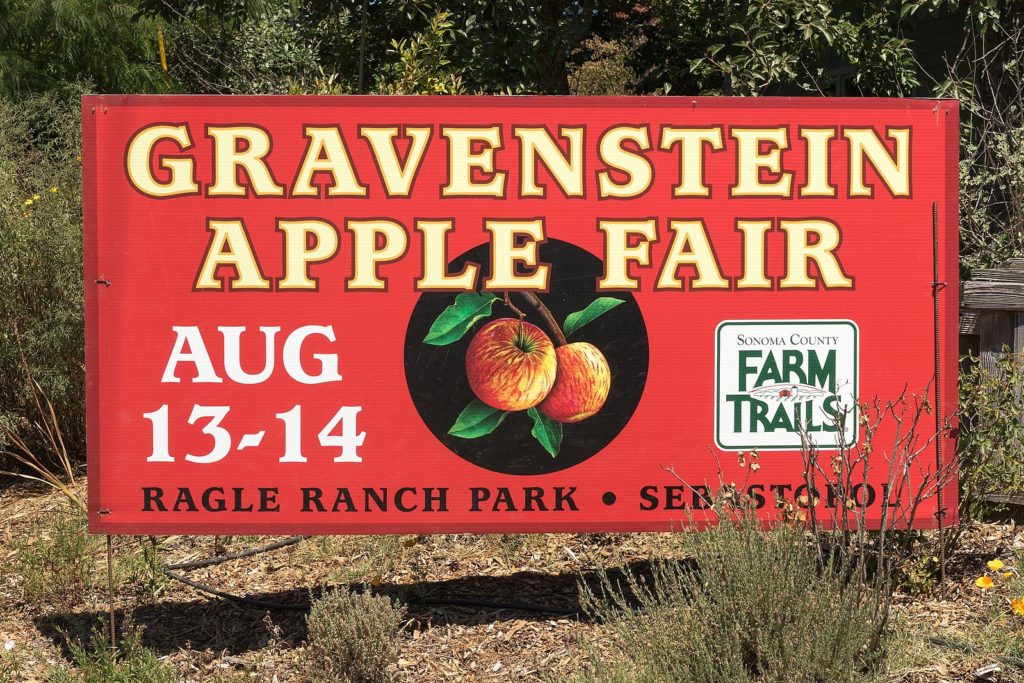
When most people hear “Sonoma County, CA” they think wine, but apples have been a part of the commercial landscape there since northern Europeans arrived in the mid-19th century. Chief among them was, and is, the Gravenstein, an apple whose 18th century origins (said to be Italy, Denmark, or Germany) are shrouded in mystery. It’s an apple that expresses itself marvelously in the area’s loamy soils, warm, dry days, and cool summer nights. Nineteenth century pomologists had it right when they described the Gravenstein as having “that refreshing admixture of sweet and acid which characterize our most esteemed apples” and declaring it good for cider.
Cider makers in the area take full advantage of everything the Gravenstein has to offer making ciders that cover all possible flavor and texture bases – wild and tart native-ferments (Old World Winery and Coturri Winery); dry and fruit forward (Sawhorse Cider and Horse & Plow Winery); clean and crisp (Goat Rock and Ethic Ciders); semi-dry single varietals (California Cider Company and Golden State Cider), and complex blends (tannic from Tilted Shed Ciderworks, aromatic from Dutton Estates). The 10-fold increase in local cider companies over the last seven years has been a boon to local farmers, too, allowing them to resist the economic pressure to grub up their orchards in favor of wine grapes.
While the range of flavor possibilities seems almost endless, what these ciders all have in common is their use of local fruit, typically dry-farmed and organic, harvested and pressed in season. They also rarely make it outside of Northern California, and most can only be found within Sonoma County itself and the handful of counties that surround it. To experience all this place has to offer, you have to go there.
The American Cider Association is making it easy for the attendees of CiderCon 2020 in nearby Oakland to do just that with a pre-conference orchard and tasting tour. For cider lovers, it’s an opportunity that shouldn’t be missed.
American Cider Association Note: Registration for CiderCon 2020 and associated tours will open soon! Darlene Hayes will be the guide for the Sonoma Country tour.

